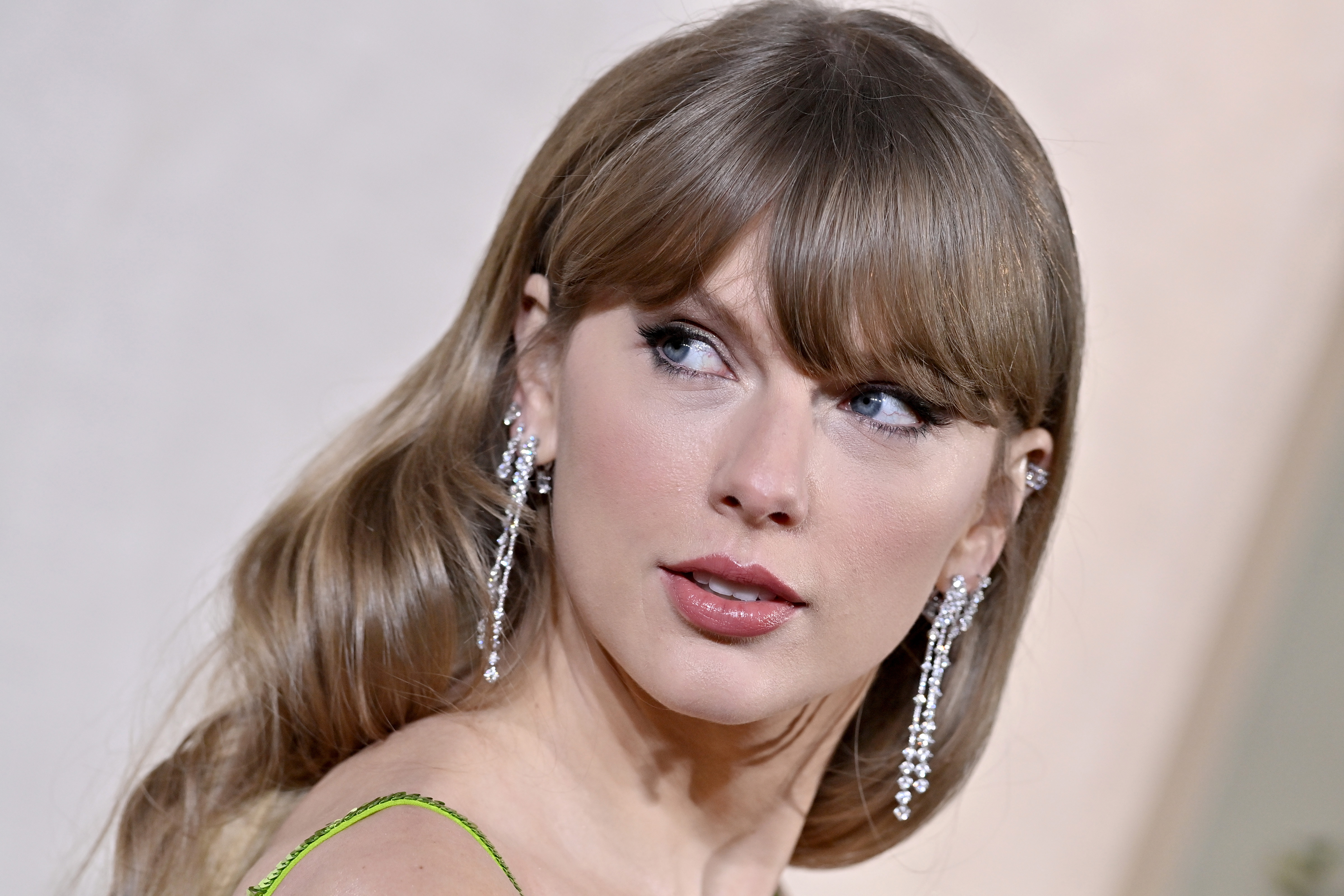If you’ve been on social media in the last year or two, you’ve probably seen some clips featuring young activists such as Greta Thunberg, Emma Gonzalez and David Hogg, just to name a few.
It seems like young people have been a part of the national conversation now more than ever, but is that really translating to the polls? The answer is sort of.
“Younger voters are just so unreliable and they’re generally not the group that’s going to be decisive in an election,” said Dr. Mike McDonald, political science professor at the Universal of Florida
McDonald has conducted a bunch of research on voters, particularly young ones, and says he has seen a pretty big increase in their interest in politics.
“We’ve got polling that shows that interest in voting is at record levels for 2020,” McDonald said. “We have never seen an electorate engage this much in modern times and so Trump is a driving force here.”
U.S. Census data backs it up, too.
The year 2014 was historically bad for voter turnout across all ages, but numbers show only 20 percent of eligible young voters showed up to cast their ballot that year. That changed last year during the 2018 midterms when that number nearly doubled to 36 percent. The increase is considerable large, but still rather low when you consider 49 percent of registered voters between the ages of 30 and 44 showed up to vote.
Local
“We need to see more of a research culture and less of a lobbyist culture to be able to engage the next generation,” McDonald said.
David Capelli graduated from the University of Miami in 2015 and is a part of something called the Miami-Dade County Millennial Board, which tries to bridge the gap between local politicians and millennials.
Capelli says one big reason millennials don’t vote is because they don’t feel valued.
“I think it’s really important. A very easy thing to do is for our elected officials to have open office hours for millennials and make it accessible on college campuses or different coffee places where millennials tend to go,” Capelli said.
Capelli says it is important to invest in the next generation to have millennial initiatives and policies led by millennials.
“I think we deserve a seat at the table on corporate boards, county boards.”
These examples have more recently been prevalent. Alexandria Ocasio-Cortez, for example, became the youngest member of Congress when she won her election last year. She doesn’t represent the views of all millennials, but she did earn a seat at the table, which McDonald says could help erode a negative feedback cycle between young voters and politicians.
“Traditionally candidates don’t really speak to younger voters’ issues,” McDonald said. “They know that they don’t vote at a very high turnout rate and so candidates don’t really cater their messaging to young voters and it’s a really terrible situation because now you have young voters who say the candidates aren’t really speaking to me because the candidates are speaking to older voters and so I won’t vote because the candidates won’t speak to me and the candidates won’t speak to you because you won’t vote.”
McDonald says that youth vote could play a bigger role than ever in that election taking place next November.



